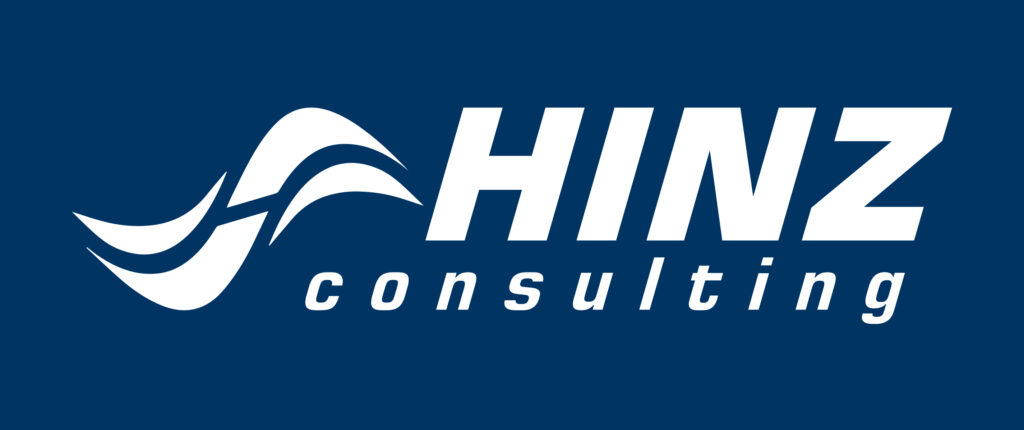Managing federal proposals effectively is crucial for organizations seeking to secure government contracts. Federal proposal management involves overseeing the entire process from initial solicitation review to final submission, ensuring that each proposal is compliant, competitive, and compelling. In this blog, we’ll explore the essential aspects of federal proposal management, including key strategies, best practices, and common challenges.
Understanding Federal Proposal Management
Federal proposal management encompasses all activities related to preparing, coordinating, and submitting proposals for federal contracts. This includes tasks such as proposal planning, content development, compliance checks, and submission. Effective proposal management ensures that all proposal elements are aligned with solicitation requirements and are completed on time.
Key Aspects of Federal Proposal Management:
- Solicitation Analysis: Reviewing and understanding the requirements and evaluation criteria outlined in the solicitation.
- Proposal Planning: Developing a detailed plan and schedule for proposal preparation.
- Content Development: Creating and organizing the proposal content, including technical, management, and cost sections.
- Compliance Management: Ensuring that the proposal meets all regulatory and solicitation-specific requirements.
- Submission Coordination: Managing the logistics of proposal submission, including formatting and delivery.
Strategies for Effective Federal Proposal Management

- Develop a Proposal Management Plan:
- Project Timeline: Create a detailed timeline that outlines key milestones and deadlines for each phase of the proposal process. This helps keep the team on track and ensures timely completion.
- Team Roles and Responsibilities: Define roles and responsibilities for each team member involved in the proposal process. Clear assignments help streamline coordination and accountability.
- Understand Solicitation Requirements:
- Requirement Review: Thoroughly review the solicitation document to understand all requirements, evaluation criteria, and submission guidelines. This ensures that the proposal addresses all necessary components.
- Clarification Requests: Submit questions for clarification during the designated Q&A period to address any uncertainties about the solicitation.
- Implement a Compliance Checklist:
- Checklist Development: Create a compliance checklist to track all requirements and ensure that each aspect of the proposal meets the solicitation guidelines.
- Regular Reviews: Conduct regular reviews of the proposal against the checklist to identify and address any compliance issues early in the process.
- Focus on Proposal Quality:
- Content Development: Develop high-quality content that clearly articulates your organization’s strengths, solutions, and value proposition. Ensure that the content is aligned with the client’s needs and evaluation criteria.
- Editing and Proofreading: Implement thorough editing and proofreading processes to enhance the clarity, consistency, and overall quality of the proposal.
- Use Proposal Management Tools:
- Software Solutions: Utilize proposal management software to streamline document management, version control, and collaboration. These tools can improve efficiency and reduce errors.
- Templates and Repositories: Maintain a repository of reusable content and templates to speed up the proposal development process and ensure consistency.
- Coordinate the Submission Process:
- Formatting and Packaging: Ensure that the proposal is formatted according to solicitation guidelines and packaged correctly for submission. This includes electronic and physical submission requirements.
- Submission Confirmation: Confirm receipt of the proposal with the contracting agency and address any follow-up requests or issues promptly.
Common Challenges in Federal Proposal Management
- Complex Requirements:
- Challenge: Federal solicitations can be complex, with detailed requirements and strict compliance guidelines.
- Solution: Invest time in thoroughly understanding the solicitation and use a compliance checklist to ensure all requirements are met.
- Tight Deadlines:
- Challenge: Proposals often have tight deadlines, requiring efficient management and coordination.
- Solution: Develop a detailed project timeline and allocate resources effectively to manage deadlines and avoid last-minute issues.
- Team Coordination:
- Challenge: Coordinating a proposal team can be challenging, especially when team members are working on different sections.
- Solution: Clearly define roles and responsibilities and use project management tools to facilitate communication and collaboration.
- Quality Assurance:
- Challenge: Ensuring high-quality content while managing other aspects of the proposal can be difficult.
- Solution: Implement a robust quality assurance process, including regular reviews and feedback loops to improve content quality.
Best Practices for Federal Proposal Management
- Early Planning:
- Early Engagement: Begin the proposal management process as soon as the solicitation is released. Early planning allows for a thorough understanding of requirements and effective strategy development.
- Effective Communication:
- Regular Updates: Maintain regular communication with the proposal team and stakeholders to provide updates, address issues, and ensure alignment with project goals.
- Feedback Mechanisms: Establish feedback mechanisms to gather input and improve proposal content and processes.
- Continuous Improvement:
- Post-Submission Review: After submitting the proposal, conduct a review to identify strengths and areas for improvement. Use this feedback to refine your proposal management processes for future opportunities.
Conclusion
Effective federal proposal management is essential for successfully securing government contracts. By developing a comprehensive proposal management plan, understanding solicitation requirements, and focusing on quality and compliance, organizations can enhance their chances of winning federal contracts. Leveraging proposal management tools and best practices, and addressing common challenges proactively, will help streamline the proposal process and improve overall success rates. Whether you’re new to federal contracting or looking to optimize your proposal management process, these strategies will help you navigate the complexities of federal proposals and achieve your business goals. Contact us to learn more!


